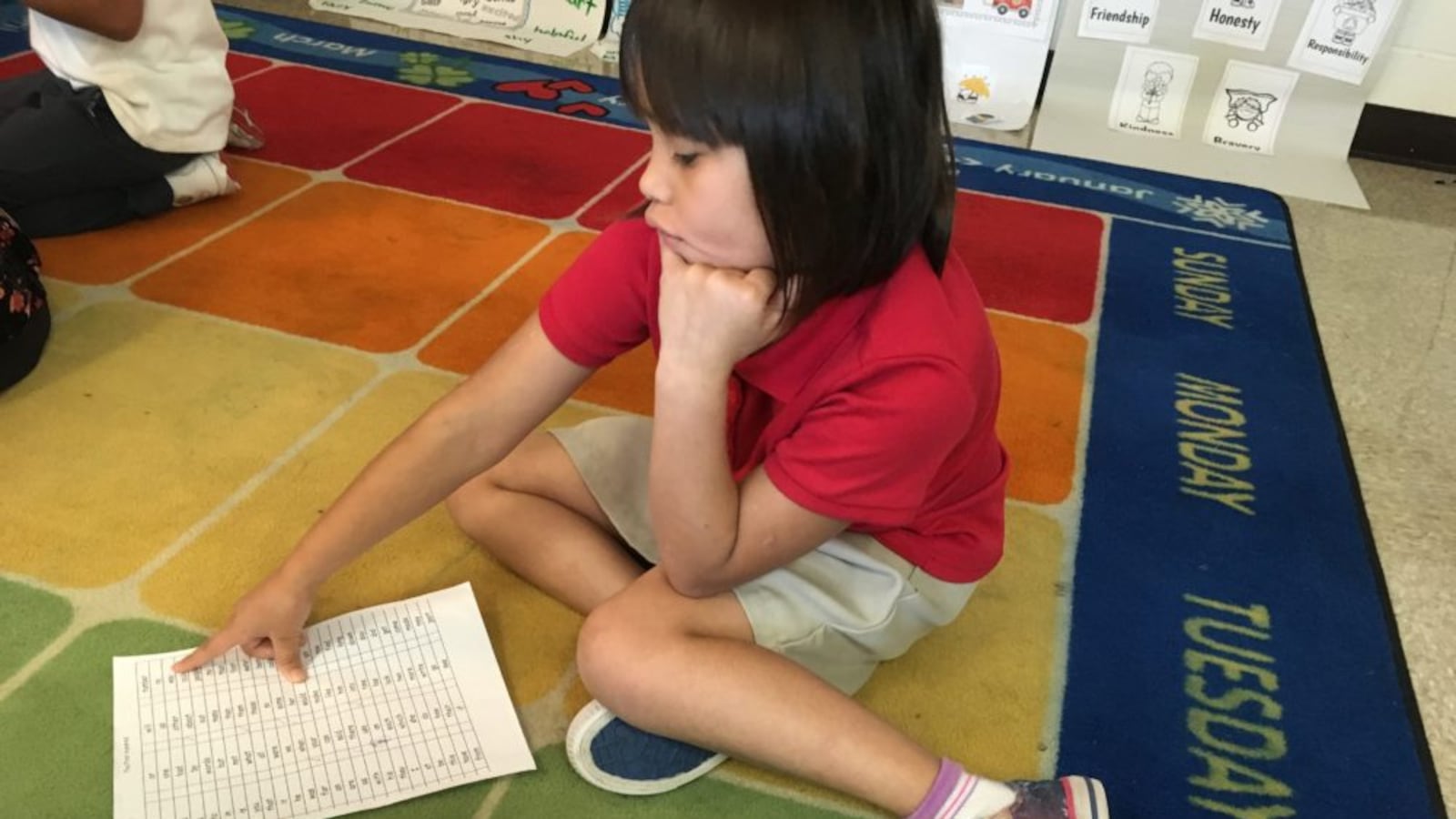Indianapolis voters casting ballots in November will be asked to make a decision: Do they want to raise property taxes to provide more funding for Indianapolis Public Schools?
That question is at the heart of two referendums appearing on the ballot and at the center of a debate that’s been roiling for months. Early voting is ongoing, and the polls will be open from 6 a.m. to 6 p.m. on Election Day, Tuesday, Nov. 6. Here’s what you need to know before you vote.
What would the referendums do?
If you own property within the district’s boundaries, part of your property taxes already goes toward Indianapolis Public Schools. This local funding supplements what the district receives from the state and the federal government.
If the referendums pass, they would increase your property taxes to bring in more money to the district.
The district is asking for two referendums: The first is for building improvements, and the second is for operational costs such as increasing teacher pay.
Why is Indianapolis Public Schools asking for these referendums?
District officials have said that Indianapolis Public Schools is in financial straits, expecting to spend $21 million more than the district takes in this year. They blame decreasing state and federal funding for causing this deficit.
How much will the referendums cost me?
For a home worth $75,300, the average home value within the district, the referendum for building improvements could add up to 46 cents per month to your property tax bill. The referendum for operating expenses would cost $2.73 per month for eight years. For both, the total cost would amount to $3.19 per month, or about $38 per year.
Calculate the cost for your property here.
How much funding will the referendums generate for the district?
The referendum for building improvements will generate about $52 million for the district. The referendum for operating expenses will generate $220 million over eight years.
How will that money be used?
Most of the money for building improvements will be spent on safety upgrades. See a full list of expenses here.
District officials have said the additional funds for operating expenses will be spent on giving raises to teachers. The referendum is also needed to support students with special education needs and expand academic programs.
What will happen if the referendums pass?
District officials have promised that teachers will receive raises of at least 2 percent, though the teachers union has said it will bargain for larger raises.
Because the district is asking for less money than it initially proposed, the district will likely still have to make hundreds of millions of dollars in cuts in the coming years, including possible school closures, reduced transportation, and staff reductions.
What will happen if the referendums don’t pass?
The financial impact will be “significant,” Superintendent Lewis Ferebee said. The district would have to “aggressively pursue” further cuts, and Ferebee said the district would have to reduce teachers and staff next year. And, he said, the district would be unable to make safety improvements at a time when concerns are rising across the nation over school shootings.
Why do some people support the referendums?
District leaders have promoted the referendums as critical to improving school safety and keeping Indianapolis Public Schools competitive in teacher recruitment and pay.
Community leaders such as the African American Coalition of Indianapolis have supported the referendums because they say they are critical to the success of students and the city: “To our mind, the dollars requested for this referendum are low relative to the highest aspirations we should have for our children,” the coalition wrote in a statement.
Why do some people oppose the referendums?
Groups such as the Indy Chamber initially opposed the referendums because they feared it would be too much of a cost burden on taxpayers. But the chamber now supports the district’s requests.
Some people, including school board candidates Susan Collins and Sherry Shelton, have said they have concerns about the referendums because they feel the district is not transparent enough with its finances.
Still, the candidates acknowledged the need for additional funding, particularly to better compensate teachers.
How will the referendums appear on my ballot?
The referendums will appear as local public questions.
IPS Public Question #1: Shall Indianapolis Public Schools issue bonds or enter into a lease to finance the IPS safety and modernization project, which includes renovating and improving school facilities, making security and safety enhancements, and upgrading campus technology and equipment, which is estimated to cost not more than $52,000,000 and is estimated to increase the property tax rate for debt service by a maximum of $0.0332 per $100 of assessed valuation?
IPS Public Question #2: For the eight (8) calendar years immediately following the holding of the referendum, shall Indianapolis Public Schools impose a property tax rate that does not exceed nineteen and six-tenth cents ($0.1960) on each one hundred dollars ($100) of assessed valuation and that is in addition to all other property taxes imposed by the school corporation for the purpose of funding academic and educationally related programs, including the attraction and retention of teachers, expanding academic programs, and providing support for students with special needs?
Where can I find more information?
Read our coverage of the referendums here.
See the district’s presentation on the referendums, and find out more through the Vote Yes for IPS website.

